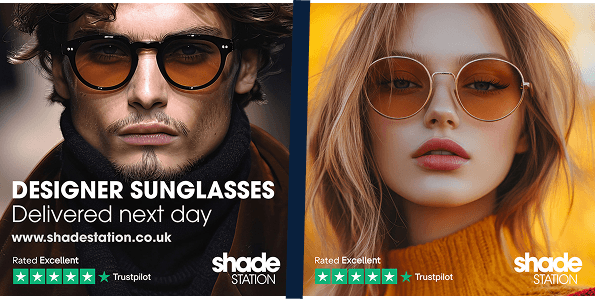Hunter Boot IP and intangibles bought by ABG for estimated £100m
7 Jun 2023


Author
Martin Croft
PR & Marketing Manager
Iconic 160-year-old British footwear brand Hunter – which in recent years managed to make Wellington boots a trendy and fashionable fashion accessory around the world – has just been bought by US-based global brand development company Authentic Brands Group (ABG).
In a statement, ABG confirmed it had bought “the intellectual property of Hunter.” It did not specify a figure, but news reports say it is understood to be around £100m ($125m).
The ABG statement adds:
The Hunter brand has evolved from a rubber boot to a lifestyle brand, offering an expansive footwear collection, outerwear, bags and accessories designed for outdoor performance in both rural and urban environments. With seasonal introductions of fresh new styles and colorways inspired by the brand’s strong DNA, Hunter has cemented its position as the "welly of choice" among outdoor enthusiasts, celebrities and fashion trendsetters alike.
Supported by our expert industry panel, the APC has selected these 14 companies from a highly competitive round of applications.
We have attracted a fascinating range of tech businesses to this round of TDAP. Alongside some fantastic hardware-based concepts, we are seeing a growth in software-based innovation that can drive carbon and cost out of vehicle development and manufacturing. As our ecosystem shifts its focus towards net zero, we are seeing new process technologies which could help drive emissions out of the supply chain for clean mobility technologies.
The team at the APC are excited to work with these 14 companies over the coming months to enable them to forge their routes ahead and accelerate their progress.
There lies the value of Hunter for ABG. It is a perfect fit with the company’s existing portfolio of brands. ABG already owns or has licensing rights for brands including Marilyn Monroe, Elvis Presley, Muhammad Ali, Shaquille O’Neal, David Beckham, Brooks Brothers, Barneys New York, Ted Baker, Van Heusen, Izod, Arrow, US outdoor brand Eddie Bauer – and Reebok, which it bought in March 2022 for $2.5bn.
The ABG business model involves buying good quality brands, often working with another company or investor, and then supplying marketing and finance infrastructure and support to leverage these brands and fully exploit the intellectual property and related intangible assets through licensing deals. It also has a joint venture with Simon Property, the biggest shopping mall owner in the US.
ABG works closely with partner licensees in key markets around the world. For Hunter Boots, ABG has already appointed UK-based The Batra Group (Batra) to handle design and development of Hunter footwear, apparel and accessories and to operate Hunter’s branded retail stores, wholesale distribution and e-commerce in the UK and continental Europe. Batra and ABG already have a relationship.
For the US, ABG has signed an agreement with another of its licensing partners, US-based full-service fashion footwear company Marc Fisher. Marc Fisher will be the core footwear partner for Hunter in the US, taking on the brand’s footwear design, wholesale and e-commerce operations in that territory.

ABG says it will tap its global network of category experts and operating partners to accelerate the worldwide expansion of Hunter in the US and Canada, Latin America, Europe, the Middle East and Africa, as well as key markets across Asia the Pacific region. Additional brand partners are expected to be announced in the coming months.
IP and intangibles have been woven into the story of Hunter Boots and its predecessor companies since it began.
It was originally launched as The North British Rubber Company (the Hunter name was only adopted later) in Scotland in 1856 by two American entrepreneurs who had a licence to use Charles Goodyear’s patent for making India-rubber overshoes and boots.
A later company director, William Erskine Bartlett, invented what some claim was the forerunner of modern car tyres; this patent was then sold in 1907 to the newly formed Dunlop company for nearly $1m, a huge sum for those days.
Over the years, the company has also made golf balls, conveyor belts, hot water bottles, rubber flooring, diving suits and gas masks, and has been owned by a range of different companies. The current Hunter Boot Ltd was created in 2006 when the Hunter footwear IP and intangibles were bought out of administration. These assets will include trade mark registrations, designs, marketing collateral, and related historical archives.







